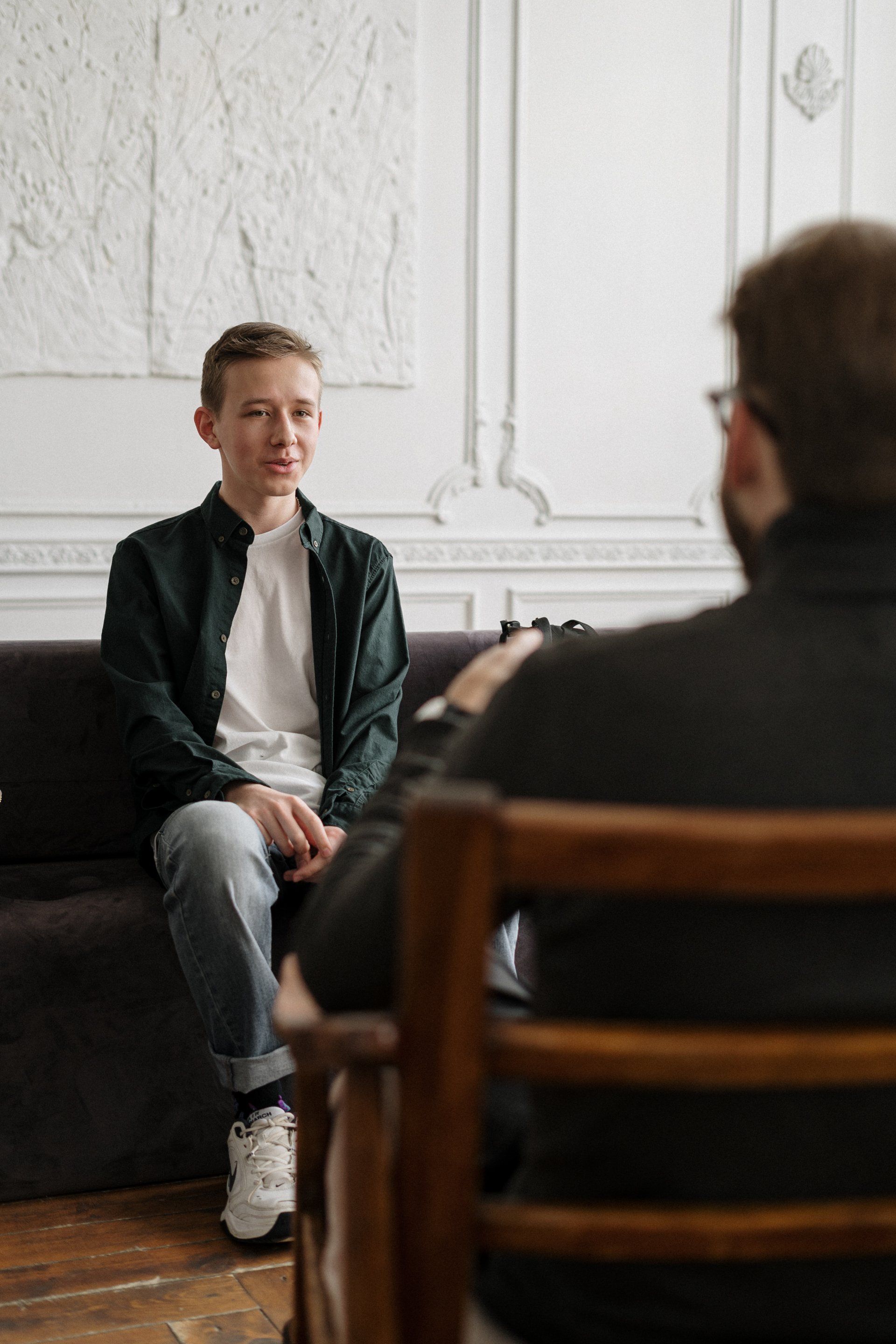Teenagers and Counseling
Teens & Young Adults
Getting started
Counseling for teenagers is compliecated but we can help. We address a range of mental health challenges that adolescents may be facing. We often see struggles such as anxiety, depression, stress, self-esteem problems, behavioral issues, family conflicts, substance abuse, or other emotional difficulties. We have counselors that specialize in working with teens and young adults. Often teenagers are reluctant to come to therapy. This is understandable, most aren't really that eager to spend an hour talking about their emotions. This developmentally normal and we honor that as part of their current developmental growth and space. This is a normal process for teens yet we do all we can to make it inviting, progressive, and a process that feels comfortable for them.
Counseling teenagers, a deliberate process
During counseling, we provide a supportive and confidential discussion where teenagers can discuss their concerns, express their feelings, and explore their thoughts. The specific techniques and approaches used in counseling may vary depending on the needs of the teenager yet we work to ensure that your teen is feeling understood and supported.
Common therapeutic approaches that we use in therapy include cognitive-behavioral therapy (CBT), dialectical behavior therapy (DBT), family therapy, and individual counseling. The counseling sessions for teenagers and young adults is usually on a regular basis, once a week or what the teen and the teen's parent deem needed. The therapist will make recommendations on schedule and needs but it's up to the parent and teen to determine when and how often the therapy appointments occur.
It's crucial that your teen or young adult connects with their therapist. We work hard to make sure that happens each and every time. The research is abundantly clear that the level of rapport and connection with the therapist directly influences change in your adolescent more than any other factor in the therapy process. Your son or daughter needs to like their therapist, this is crucial. They need to feel like they are heard and seen when they come to therapy, and when they do they change. They will only listen to those they feel connected to and respect.
Teenagers are often in therapy for help in developing coping skills, improve their emotional well-being, enhance communication and problem-solving abilities, build healthy relationships, and work towards positive self-esteem. At times, we might involve parents or guardians in the therapy process to provide support and facilitate better family relationships and process.
Young Adults
We see young people from DXATC, UTU, UVU, SUU, and BYU that are connected with family to Southern Utah but need support while away at school and are navigating the complexities of college life. Much of that is done via remote telehealth therapy on zoom. The demanding schedule and distance creates more strain and thus the need for a safe space for them to sort through the feelings and experiences they have away from home.
In-patient care
It's important to note that outpatient counseling may not be suitable for all teenagers, especially those with severe mental health conditions that require more intensive or specialized treatment. In such cases, a higher level of care, such as inpatient or residential treatment, may be recommended and we can provide your family a referral to an appropriate facility based on your child's needs. We work to help guide you and your teen into the best level of care.
Learn. Grow. Mature.
You've got your entire life to learn, to grow, to evolve.
Schedule An Appointment
Submit your request and we will contact you shortly.



